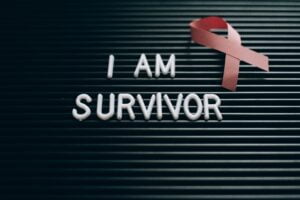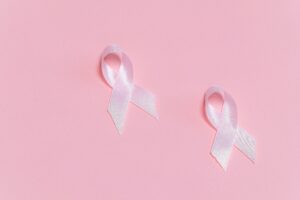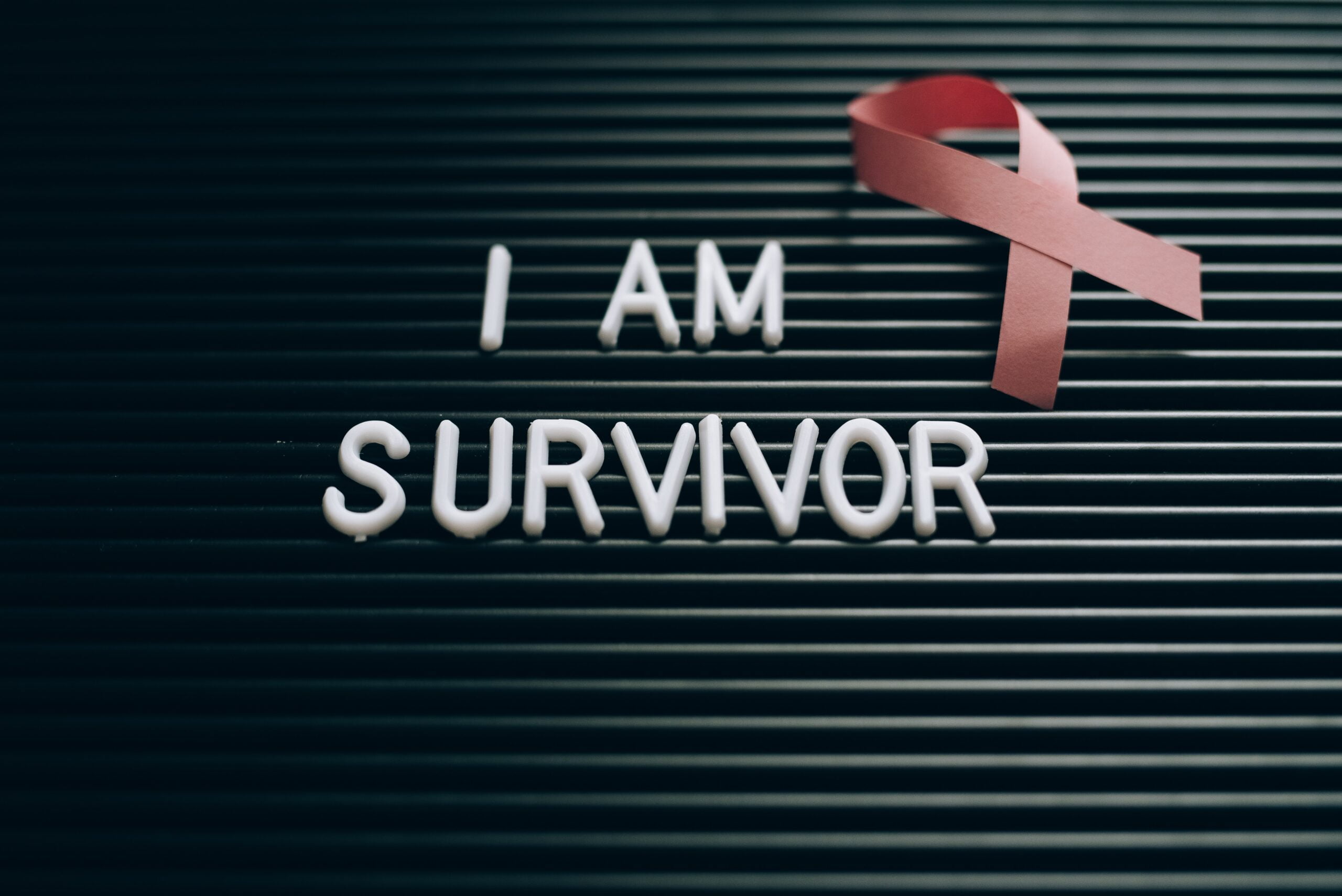Breast cancer is a complex disease that arises from a combination of genetic, hormonal, and environmental factors. While it is not always possible to pinpoint the exact cause of breast cancer in an individual, research has identified several risk factors that can increase the likelihood of developing the disease. By recognizing these factors, individuals can take proactive steps to minimize their risk.
Understanding causes breast cancer
Before delving into the risk factors, let’s gain a basic understanding of breast cancer itself. Breast cancer occurs when abnormal cells in the breast multiply and form a tumour. These tumours can be benign (non-cancerous) or malignant (cancerous). Malignant tumours have the potential to invade surrounding tissues and spread to other parts of the body, leading to life-threatening complications.

Genetic Factors and Family History
One significant factor that can increase the risk of breast cancer is a person’s genetic makeup. Certain gene mutations, such as BRCA1 and BRCA2, are strongly associated with an elevated risk of developing breast cancer. If you have a family history of breast cancer, particularly among close relatives like your mother, sister, or daughter, your risk may be higher. Genetic counselling and testing can provide valuable insights into your risk profile.
Hormonal Influences
Hormones play a crucial role in breast cancer development. Excessive exposure to oestrogens and progesterone, which are hormones involved in the menstrual cycle and pregnancy, can increase the risk. Early onset of menstruation, late menopause, and the use of hormone replacement therapy (HRT) have been associated with a higher likelihood of developing breast cancer.
The Factors That Put You at the Biggest Risk
Breast cancer is a serious health concern distressing millions of people worldwide. It is essential to understand the factors that contribute to the development of breast cancer to raise awareness and take preventive measures. In this article, we will explore the various causes of breast cancer and identify the factors that put individuals at the greatest risk. By understanding these risk factors, you can make informed decisions about your health and well-being.
Lifestyle Choices and Environmental Factors
Several lifestyle choices and environmental factors can contribute to breast cancer risk. Smoking, for instance, has been linked to an increased incidence of breast cancer, especially in younger women. Additionally, exposure to certain chemicals and pollutants in the environment may have carcinogenic properties. Maintaining a healthy lifestyle by adopting a balanced diet, engaging in regular physical activity, and minimizing exposure to harmful substances can help reduce the risk.
Age and Gender
Age is a significant risk factor for breast cancer. The likelihood of developing breast cancer increases with age, with the majority of cases occurring in women over 50 years old. However, it’s important to note that breast cancer can also affect men, although it is less common. Regular breast cancer screenings, such as mammograms, are crucial for early detection and improved outcomes.

Reproductive Factors
Reproductive factors can also influence breast cancer risk. Women who have never been pregnant or had their first child after the age of 30 may have a higher risk. Conversely, women who had their first child at a younger age and breastfed their children for an extended period may have a reduced risk of developing breast cancer.
Obesity and Physical Inactivity
Maintaining a healthy weight and an active lifestyle is vital for overall well-being, including breast cancer prevention. Obesity and physical inactivity have been identified as risk factors for breast cancer. Excess body fat increases estrogen production, which can promote the growth of breast cancer cells. Engaging in regular exercise and adopting a nutritious diet can help mitigate these risks.
Also Read: The Power of a Red Lipstick
Alcohol Consumption
Alcohol consumption is associated with an increased risk of breast cancer. The more alcohol a person drinks, the greater their risk. It is recommended to limit alcohol intake or avoid it altogether to reduce the chances of developing breast cancer.
Exposure to Radiation
Exposure to radiation, particularly during chest X-rays or radiation therapy for other medical conditions, can elevate the risk of developing breast cancer. While radiation is necessary for certain treatments, it’s important to discuss the potential risks and benefits with your healthcare provider.
Previous Medical Treatments
Certain medical treatments, such as hormone therapies and certain chemotherapy drugs, may slightly increase the risk of breast cancer. However, it is essential to note that the potential benefits of these treatments often outweigh the minimal associated risks. Discuss any concerns with your healthcare provider to make informed decisions regarding your treatment options.
Conclusion
causes breast cancer is a complex disease influenced by a variety of factors. By understanding the causes and risk factors associated with breast cancer, you can take proactive steps to reduce your risk. Maintaining a healthy lifestyle, undergoing regular screenings, and being aware of your genetic and family history can significantly contribute to early detection and improved outcomes.
FAQs
Q: Can men develop breast cancer?
A: Yes, although less common, men can develop breast cancer.
Q: Are all breast lumps cancerous?
A: No, the majority of breast lumps are benign (non-cancerous). However, it is crucial to have any new or unusual breast changes evaluated by a healthcare professional.
Q: How often should I undergo breast cancer screenings?
A: The frequency of screenings may vary depending on individual risk factors. It is best to consult with your healthcare provider to determine an appropriate screening schedule.
Also Read: How to create a More Amazing Brain
Q: Can breastfeeding reduce the risk of breast cancer?
A: Yes, breastfeeding has been associated with a reduced risk of breast cancer. The longer the duration of breastfeeding, the greater the potential protective effect.
Q: What should I do if I have a family history of breast cancer?
A: If you have a family history of breast cancer, particularly among close relatives, it is advisable to seek genetic counselling and consider genetic testing to evaluate your risk profile accurately.
Conclusion
Understanding the factors that contribute to breast cancer is crucial for early detection and prevention. By making informed choices regarding lifestyle, regular screenings, and considering individual risk factors, you can reduce the likelihood of developing breast cancer. Stay proactive, prioritize your health, and spread awareness to protect yourself and your loved ones.
Question to the reader: What steps will you take to reduce your risk of breast cancer starting from today?


